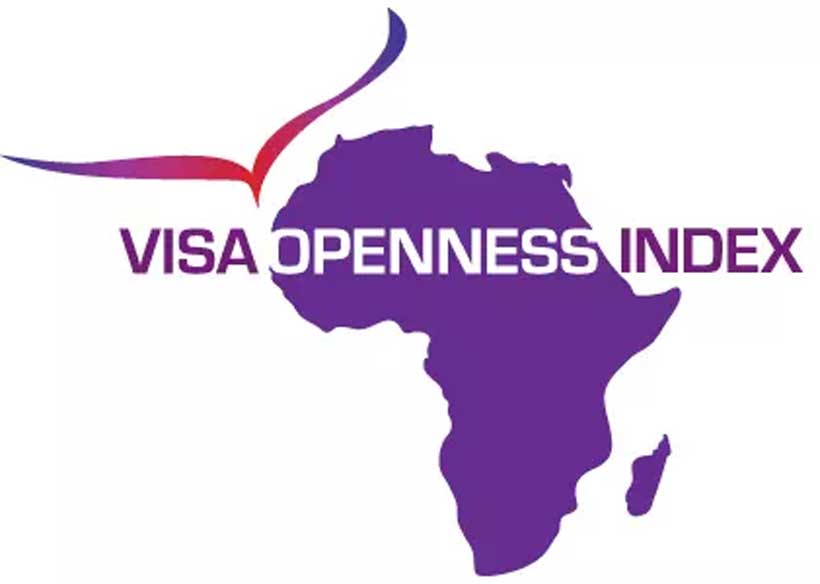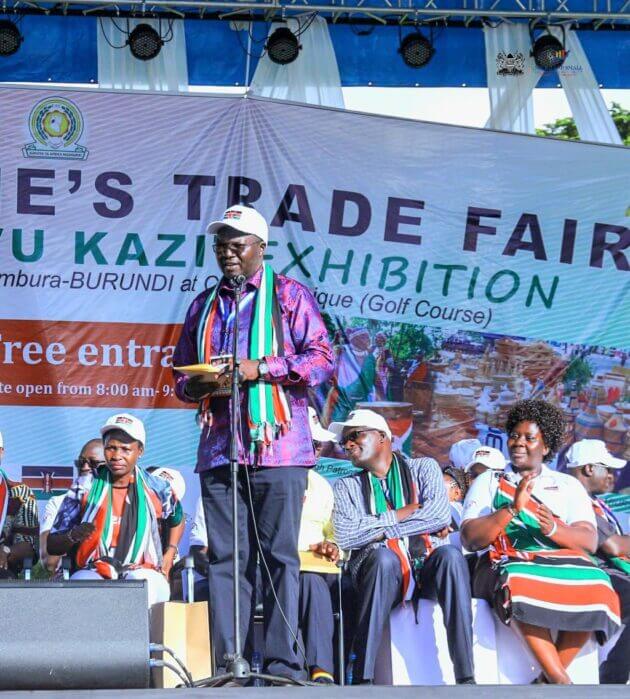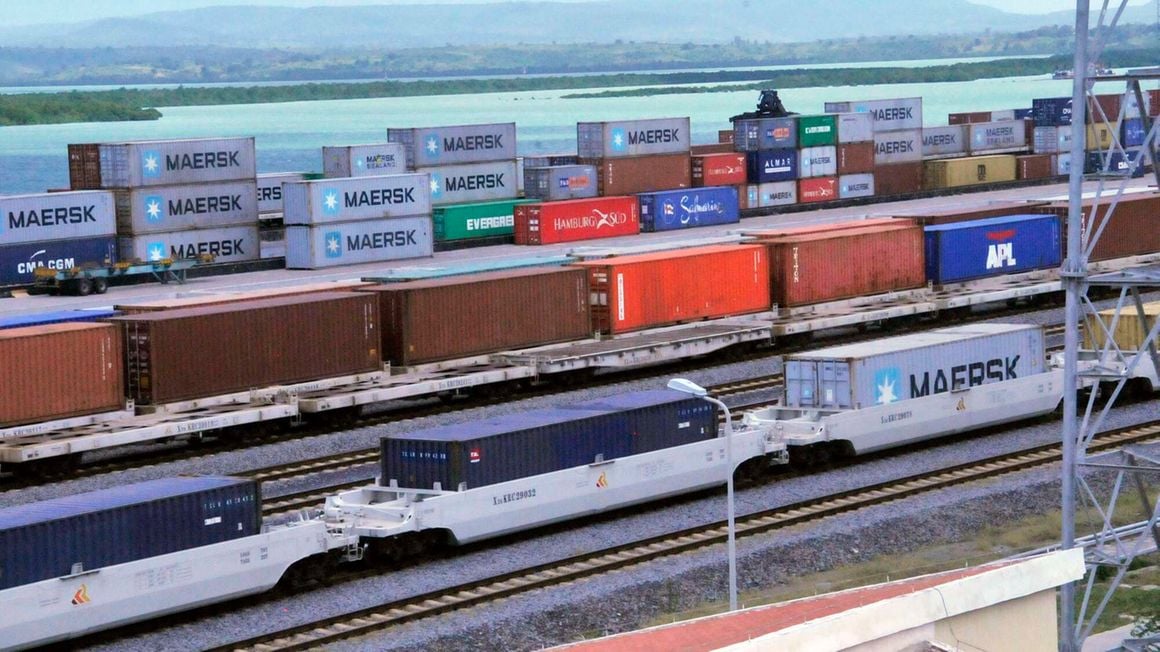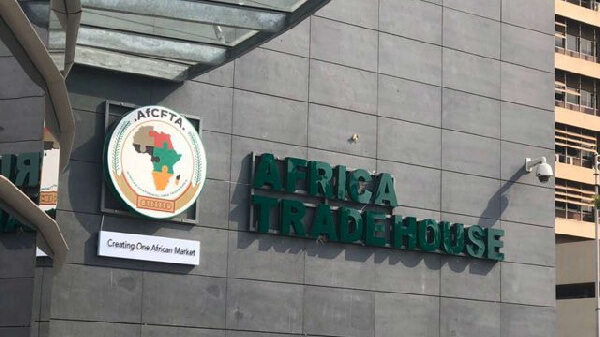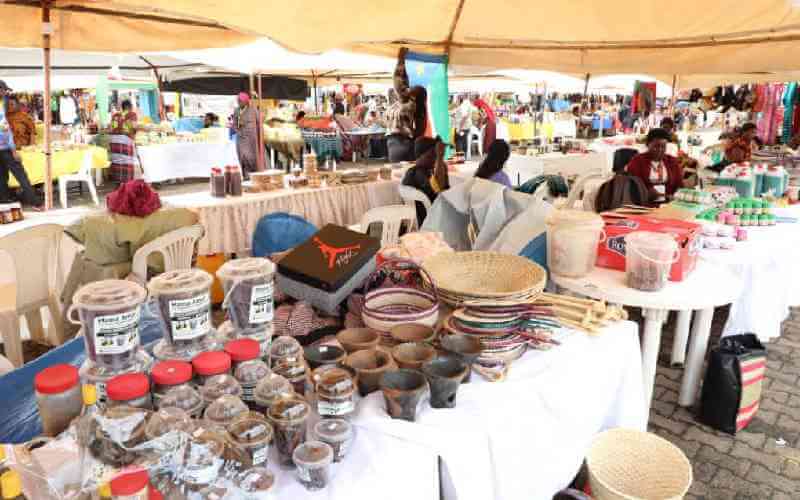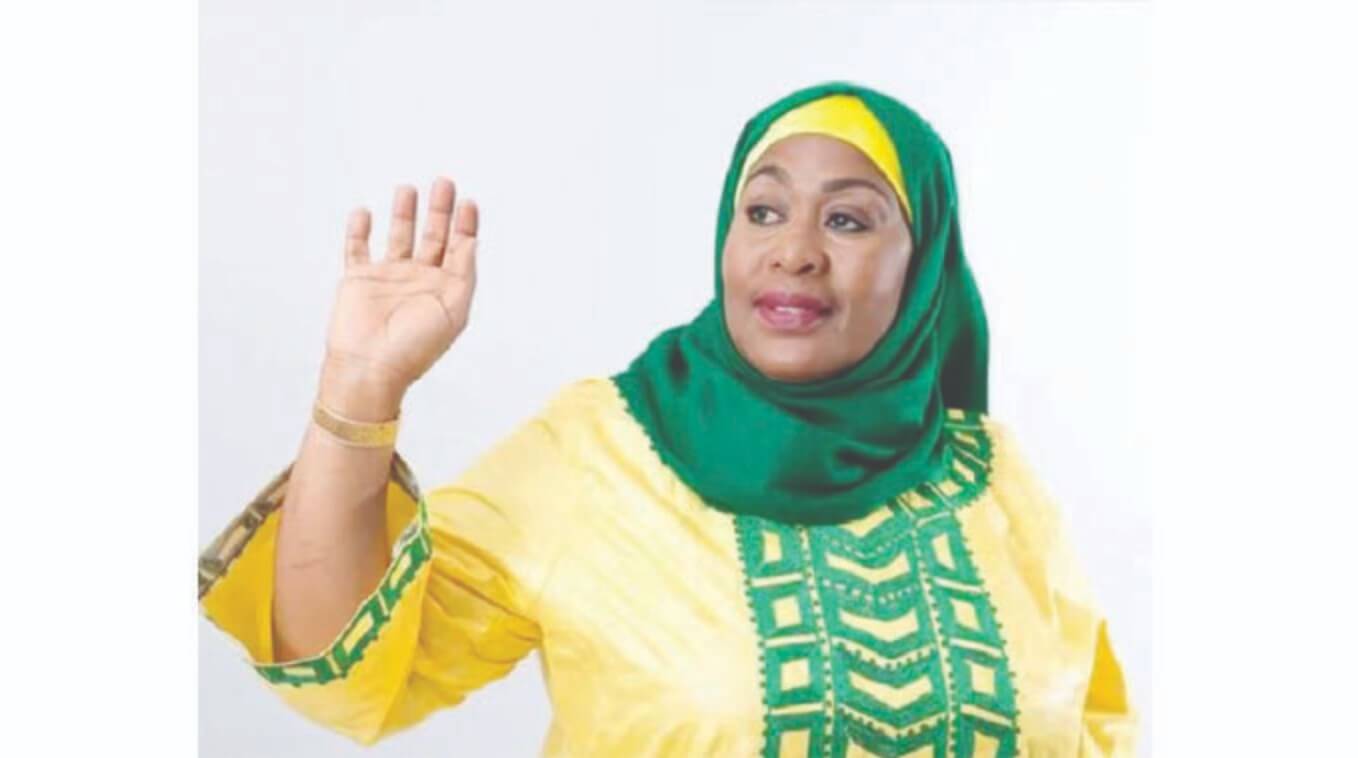Malawi has commissioned a smart gate at Mwami Border Post in Mchinji District which will facilitate efficient cross-border trade between Malawi, Zambia and other countries in the Common Market for Eastern and Southern Africa (Comesa) region. In her remarks during the commissioning on Monday, Ministry of Trade and Industry Principal Secretary Christina Zakeyu said the smart gate will help speed up processes in clearing goods and services. She said: “Before the smart gate, we were using manual clearing system and this would take time, but now it will be more like self-service because the machine will be doing it all and just sending data. “Traders will be taking less time at the border; hence, they will be meeting customer targets.” Zakeyu also appreciated laboratory equipment for the Ministry of Agriculture and the Malawi Bureau of Standards which was commissioned alongside the smart gate, saying it will play a vital role in certifying the quality of goods entering the country. On her part, Malawi Revenue Authority executive director of corporate services Agnes Katsonga Phiri said the smart gate will also contribute significantly to revenue collection on vehicles that over-stay. She said: “The smart gate will be producing reports indicating dates and times trucks enter and exit the country which will help to eliminate allegations of delays in clearance of goods.” The project has been implemented by Comesa with funding from the European Union (EU) to facilitate smooth flow of goods, persons and services across the region. Comesa European Development Fund programme...
Mwami Border smart gate commissioned
Posted on: December 14, 2023
Posted on: December 14, 2023


